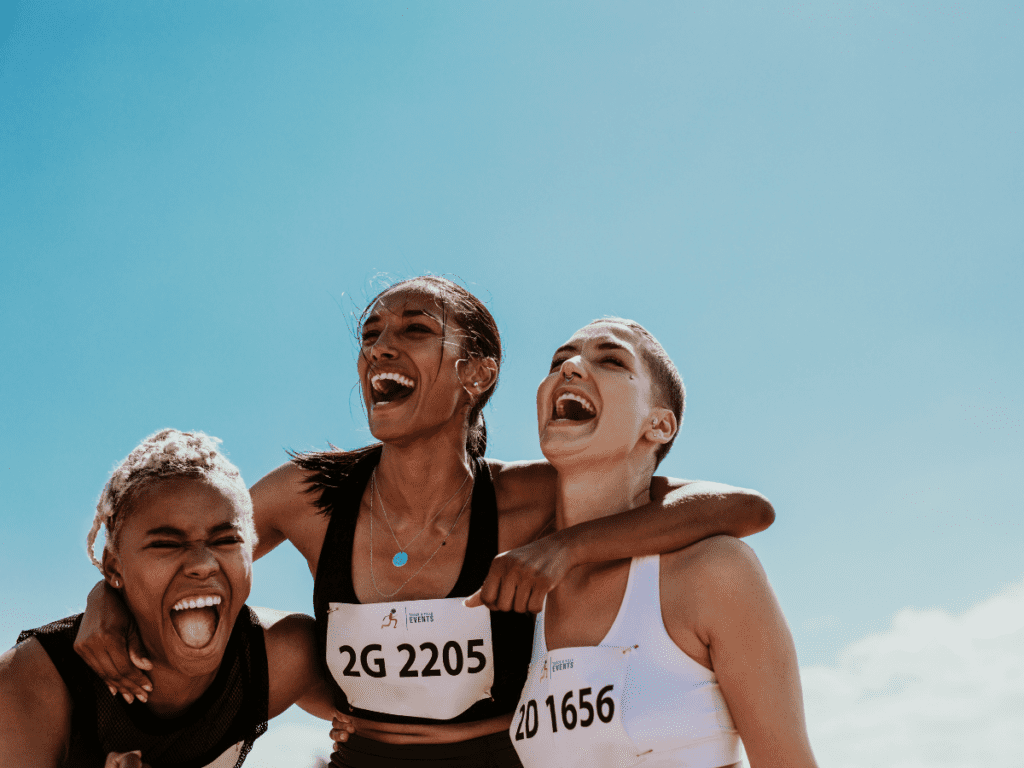No apparent Relative Age Effect in surfing
Relative Age Effect (RAE) suggests that there may be performance advantages to athletes who are born earlier in the calendar year as they may be physically, cognitively, and emotionally more mature than younger peers in the same age grouping. However, early research on the new Olympic sport of surfing reveals it may be one of…
Strength and conditioning for golf
Strength and conditioning (S&C) programs for golfers show promising improvements in performance. S&C programs, including strength training and plyometrics, have been shown to increase clubhead speed, ball speed, and distance by 4 to 6.4%.
Rapid Eye Movement (REM) sleep
Optimal sleep plays a pivotal role in health and recovery for athletes. Throughout the night we traverse through different sleep stages including the crucial Rapid Eye Movement (REM) phase. A recent study underscores the significant functional contributions of REM sleep, shedding light on its role in human and athlete development.
Dietary fiber and health
Today, people are being diagnosed with chronic diseases at higher rates. Dietary fiber can play an important role in health as it can reduce the risk of obesity, diabetes, cancer and intestinal diseases. This important nutrient can be found in a variety of fruits, vegetables and grains and can be incorporated into your diet in…
Embracing Social Justice through youth sport
For years, youth sports have relied on positive youth development (PYD) and life skills approaches. With social justice movements gaining momentum, it’s time to look at youth sports through a new lens. This study explores how we can reshape PYD and life skills to address social justice issues like racism and gender inequality.
Ultra-endurance running potential health issues
Ultra-endurance running (UER) is an extreme sport that is becoming increasingly popular. UER athletes run races that are longer than marathons, sometimes exceeding 6 hours in a day. Although rare, a recent study highlights the potential adverse effects of such activity that may lead to long-term health problems.
Getting rid of muscle stiffness with stretching
Static stretching is a core part of staying injury free with its ability to increase range of motion in joints. A recent study finds that beyond just increasing range of motion, stretching seems to provide the benefits of decreased muscle stiffness after 3-12 weeks of static stretching compared to those that did not.
Exploring adolescent sports ambitions
Despite Norway’s reputation for gender equality, disparities exist in sports ambitions among young boys and girls. A recent study examines whether young teens share equal aspirations of becoming professional athletes. Researchers found that, while boys often aspire to pursue professional athleticism, girls tend to prioritize skill development over professional ambitions. This underscores the influence of…
The transformative power of sport: Insights from two Canadian Olympic rowers

Reflecting on my life’s journey, I’m profoundly struck by the transformative impact that sport has had on every facet of my life. The journey from a young sport enthusiast to an elite performer was marked by various challenges and triumphs, each contributing to the mosaic of experiences that define my character today. In this article,…
Partnering in the pursuit of putting people first

The objectives haven’t changed. The pathway in endeavouring to reach them, though, most certainly has. The aim is in the name. Pursuit. Pursuit in providing improved, impactful coaching and technical assistance to Canadian high-performance athletes. In increasing investment, both financial and in on-the-ground ways, into those individuals entrusted with shaping sport in this country. In…